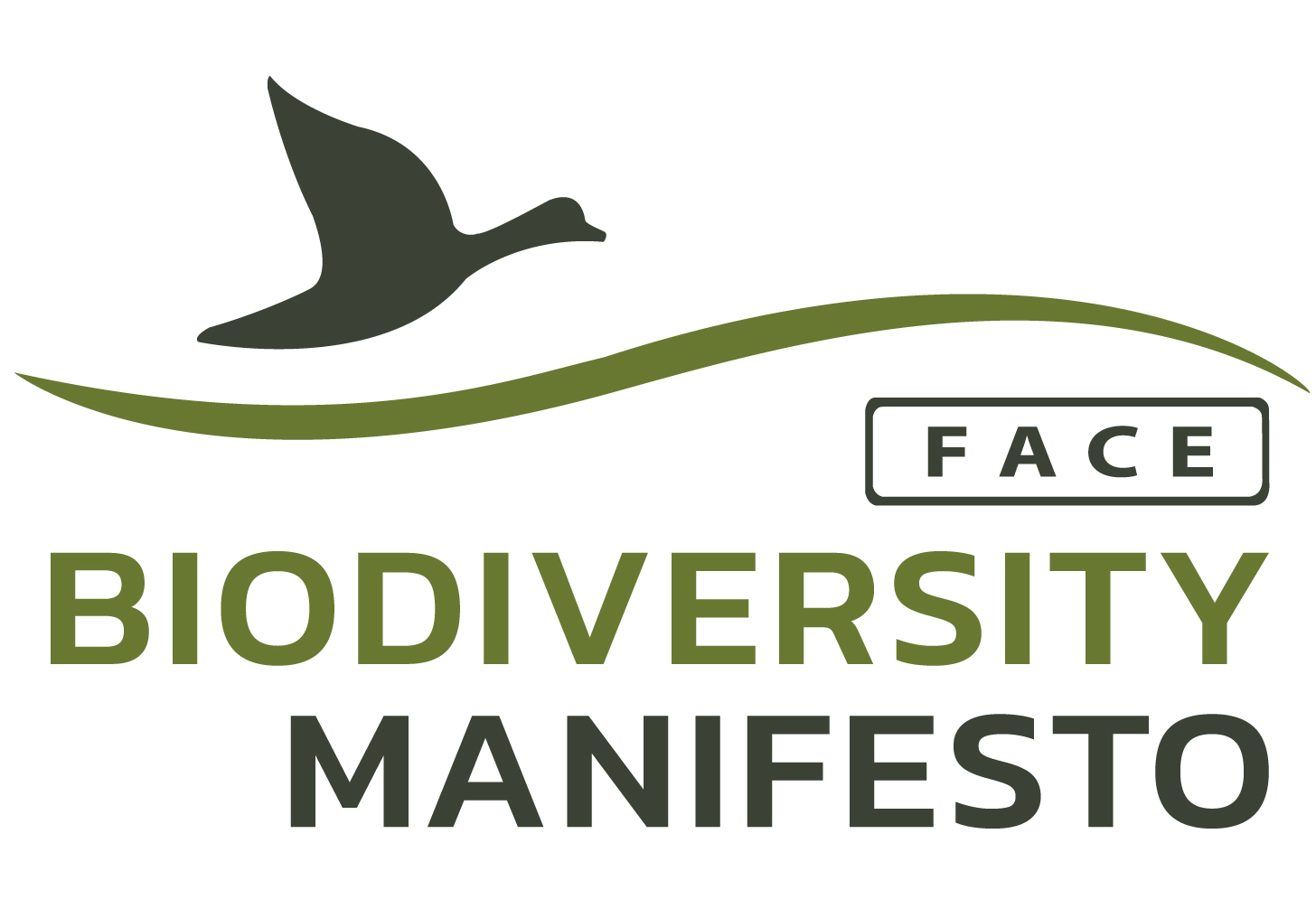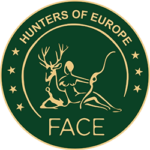POLICY RELEVANCE
In light of the ongoing policy discussions about Europe’s new Nature Restoration Law, here’s another successful wetland restoration project in France. Conservation action is essential for biodiversity and the efforts of hunters should be well integrated into future European and national frameworks to support local restoration actions. This project is another excellent example of how hunters are already contributing to the EU’s Biodiversity Strategy for 2030 and nature restoration targets.
WETLAND RESTORATION
Land management for biodiversity is a mission that the Departmental Federations of Hunters (France) have always fulfilled and supported. Their knowledge of the territory and their networks of members enable them to invest in effective management adapted to each area.
In Vendée, France, the Departmental Hunters’ Federation is active in several areas to create wetlands for biodiversity and to improve water quality. The restoration of ponds generally involves cleaning (removal of muddy deposits or other accumulated sediments) and re-profiling the banks with a gentle slope.
This is important to ensure that these ponds fulfil all their environmental functions (water regulation, buffer zone, refuge, breeding and feeding ground for numerous species, etc.). Active management is key as a pond requires regular maintenance to meet certain criteria. It must be sinuous in shape and have gentle slopes in order to offer several types of habitat for the fauna and flora present. The presence of deep and shallow areas allows for more or less warm spaces, which are favourable to certain species, and to maintain a depth of water in the summer period. Finally, the presence of shrub and tree vegetation on a small part of the pond provides shade and fixes the banks. This maintenance must be carried out every 15-20 years to ensure that the ponds function ecologically. The work is carried out at the end of the summer during the dry season (end of August to end of October) to allow the pond to fill up during the winter and the vegetation to grow the following spring, but also to limit any disturbance to aquatic fauna (frogs, newts, etc.).
HOW IT WORKS
These actions fall within the framework of “Water” Territorial Contracts, implemented by Mixed Syndicates on catchment areas. These are six-year contracts, financed by various partners such as the Water Agency, the Region or the Department. These contracts have several action sections dealing with different environmental problems related to water quality: restoration of the ecological continuity of watercourses, maintenance and restoration of riverbanks, management of marshes, fight against diffuse pollution, improvement of knowledge on water quality and environments, etc.
Within the framework of the “Diffuse pollution management” component, the Vendée Hunters’ Departmental mission is to support farmers in setting up facilities to limit the transfer of diffuse pollution and soil erosion. This involves planting anti-erosion hedges and the creation and restoration of ponds to improve the existing bocage network. This approach is based on voluntary participation and consultation with farmers. The projects developed are then carried out with the help of local actors or volunteers, including in particular the hunters of the communes for the participative planting sites.
Example of a pond restoration project supported by the Departmental Hunter Federation of Vendée in the Auzance-Vertonne catchment area:
1. Meeting with the farmer to discuss and plan the restoration project. Here, the proposed objective is to restore the pond so that it can fully fulfil its role as a buffer zone by receiving run-off water from the nearby plot.
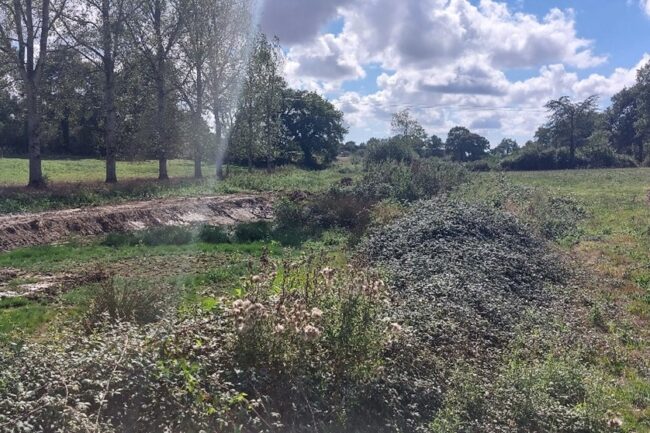
2. Carrying out and monitoring the work: Cleaning the pond to a depth of 50-80 cm to remove muddy deposits, re-profiling the banks to a gentle slope, lightly clearing the undergrowth and maintaining a passage on the side to maintain the vegetation. The work was carried out at the end of September when the pond was dry.
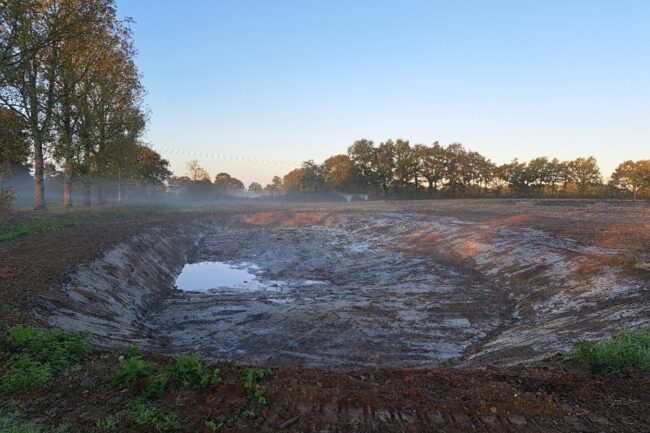
In conclusion, in the Auzance-Vertonne catchment area in 2022, the Fédération Départementale des Chasseurs supported 9 farmers and 20 ponds were restored in one commune. Two buffer basins were also created.
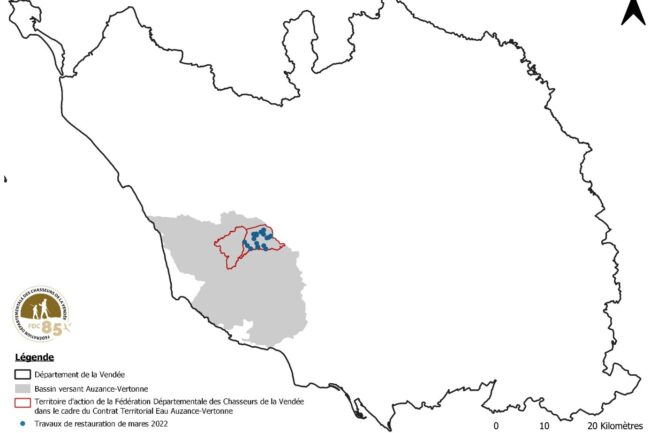
Map showing the results of the Fédération Départementale des Chasseurs de la Vendée’s pond restoration activities in the Auzance-Vertonne watershed.
Country: France
Species: European Turtle Dove (Streptopelia turtur), Chêne vert (Quercus ilex) bouleau blanc/Silver Birch (Betula pendula), Waterbirds, insects and amphibians
Species characteristics: Management of habitats and wildlife, Research and data collection
Type of actions: Management of habitats and wildlife, Nature education and awareness,
Leading partner: Departmental Hunter Federation of Vendée in the Auzance-Vertonne
Other partners: Hunting organisations, Local governments
